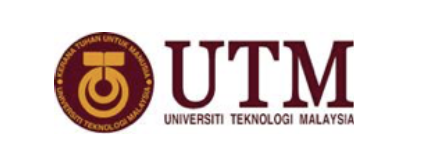Modelling Digital Media: Augmented and Virtual Reality
This special session is organised and supported by the following educational partner
Universiti Teknologi Malaysia, Malaysia
Session Chair:
Dr. Hoshang Kolivand, Liverpool John Moores University, UK.
Session Co-Chairs:
- Dr. Ajune Wanis Ismail, University Technology Malaysia, Malaysia.
Synopsis:
There is no doubt that Digital Media in particular Augmented Reality (AR) and Virtual Reality (VR) play the key role in current research. AR and VR, offer exciting opportunities for the prospective industry and the changing landscape of digital world ecosystem. Many industries try to engage AR and VR to attract more business and customer’s experience. As AR and VR are becoming more mature and more widely adopted within industry, this disruptive technology is becoming more variable and popular. The gap between technical challenges and the real-world utilization of this technology will continue exposing new needs.
Topics:
This special session aims to highlight the cutting-edge research applications as well as advance research related to development of Digital Media in particular AR and VR. Therefore, this special session invites authors to submit high-quality research papers on the topics which include (but are not limited to) the following:
- Computer Graphics
- Virtual Reality
- Augmented Reality
- Human/Animal Computer Interaction
- Multimedia
- Image Processing
- Animation
- Web and Mobile Technology
- Games and Emerging Technology
Paper Submission
Prospective authors are invited to submit full-length papers (not exceeding 6 pages) conform to the IEEE format . All papers will be handled and processed electronically via the EDAS online submission system


